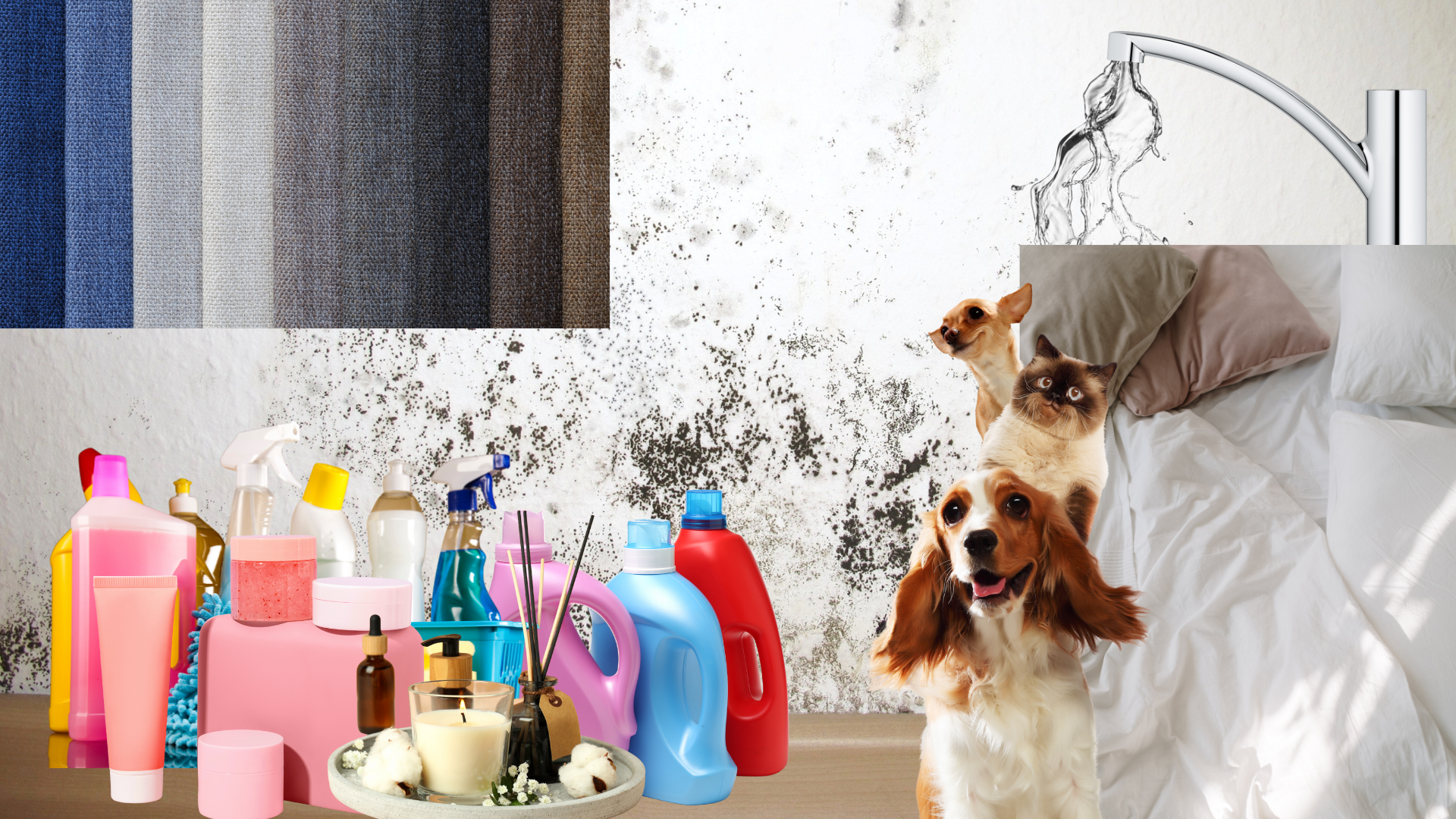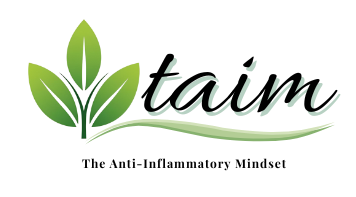10 Hidden Irritants in Your Home That Make Eczema Worse (and How to Eliminate Them)
Aug 29, 2025
If you’re struggling with eczema flare-ups despite using all the right creams, the culprit might be closer than you think—inside your own home. Everyday products and environmental factors can silently trigger inflammation, weaken your skin barrier, and worsen eczema symptoms.
In this guide, we’ll uncover 10 hidden irritants in your home and give you practical solutions to create an eczema-safe environment.
Why Your Home Environment Matters for Eczema
Your skin barrier is already compromised when you have eczema. That means irritants and allergens can easily sneak in, causing:
✔ Increased dryness and itching
✔ Overactive immune response
✔ Persistent flare-ups even with treatment
Controlling your environment is just as important as your skincare routine. Let’s break down the most common irritants hiding in plain sight.
1. Laundry Detergents & Fabric Softeners
The Problem:
Most detergents contain fragrances, dyes, and harsh chemicals that stay in your clothes and bedding—even after rinsing. These residues rub against your skin, causing irritation.
Solution:
✔ Switch to fragrance-free, dye-free detergents labeled “for sensitive skin”
✔ Skip fabric softeners (they often have strong chemicals)
✔ Add an extra rinse cycle to remove residues
2. Scented Candles & Air Fresheners
The Problem:
They release volatile organic compounds (VOCs) and synthetic fragrances, which can irritate sensitive skin and respiratory systems.
Solution:
✔ Avoid aerosol sprays and plug-in air fresheners
✔ Opt for natural alternatives like unscented beeswax candles or essential oil diffusers (but avoid direct skin contact with essential oils)
3. Cleaning Products with Harsh Chemicals
The Problem:
Bleach, ammonia, and multi-purpose cleaners contain skin-stripping chemicals that can cause flare-ups even through airborne particles.
Solution:
✔ Wear protective gloves when cleaning
✔ Use eco-friendly, non-toxic cleaners (vinegar and baking soda work wonders)
✔ Always ventilate the room after cleaning
4. Tap Water (Hard Water Issues)
The Problem:
Hard water contains high levels of calcium and magnesium, which strip natural oils and dry out skin during showers.
Solution:
✔ Install a water softener or shower filter
✔ Shorten showers and use lukewarm water
✔ Apply moisturizer immediately after bathing
5. Dust Mites in Bedding and Carpets
The Problem:
Dust mites thrive in pillows, mattresses, and rugs and are a major allergen trigger for eczema sufferers.
Solution:
✔ Use dust-mite-proof covers for pillows and mattresses
✔ Wash bedding weekly in hot water (130°F/55°C)
✔ Vacuum with a HEPA filter and reduce carpeted areas if possible
6. Pet Dander
The Problem:
Proteins in pet saliva and skin flakes can irritate eczema-prone skin, especially when they cling to fabrics and surfaces.
Solution:
✔ Bathe pets regularly (or have a groomer do it)
✔ Keep pets out of the bedroom
✔ Use an air purifier with HEPA filtration
7. Scented Personal Care Products
The Problem:
Body washes, shampoos, and even “natural” lotions with fragrance or essential oils can worsen eczema.
Solution:
✔ Switch to fragrance-free, hypoallergenic products
✔ Look for ceramide-rich moisturizers instead of perfumed lotions
8. Mold and Dampness
The Problem:
Mold spores in bathrooms, basements, and kitchens release allergens that trigger eczema inflammation.
Solution:
✔ Use a dehumidifier to keep humidity between 40–50%
✔ Clean mold with vinegar or safe anti-mold sprays
✔ Improve ventilation in damp areas
9. Overheated Indoor Air
The Problem:
Dry, heated air in winter sucks moisture from your skin, making eczema worse.
Solution:
✔ Use a humidifier to maintain optimal humidity (40–50%)
✔ Avoid sitting directly in front of heaters
✔ Keep room temperature moderate (68–72°F / 20–22°C)
10. Synthetic Fabrics and Wool
The Problem:
Clothes made of polyester, nylon, and wool can cause friction and trap sweat, irritating sensitive skin.
Solution:
✔ Stick to 100% cotton or bamboo fabrics
✔ Wash new clothes before wearing
✔ Layer with soft cotton under sweaters if needed

Quick Checklist for an Eczema-Safe Home
✔ Fragrance-free detergents
✔ HEPA-filter vacuum & air purifier
✔ Hypoallergenic bedding
✔ Humidifier for dry seasons
✔ Non-toxic cleaning products
Final Thoughts
Managing eczema isn’t just about skincare—it’s about creating a safe environment that reduces triggers. By eliminating these hidden irritants, you can dramatically reduce flare-ups and improve your skin’s health naturally.
GET THIS FOR FREE!
The Ultimate Anti-Inflammatory Recipe Guide: Clear Your Skin & Boost Your Health Naturally
We hate SPAM. We will never sell your information, for any reason.

